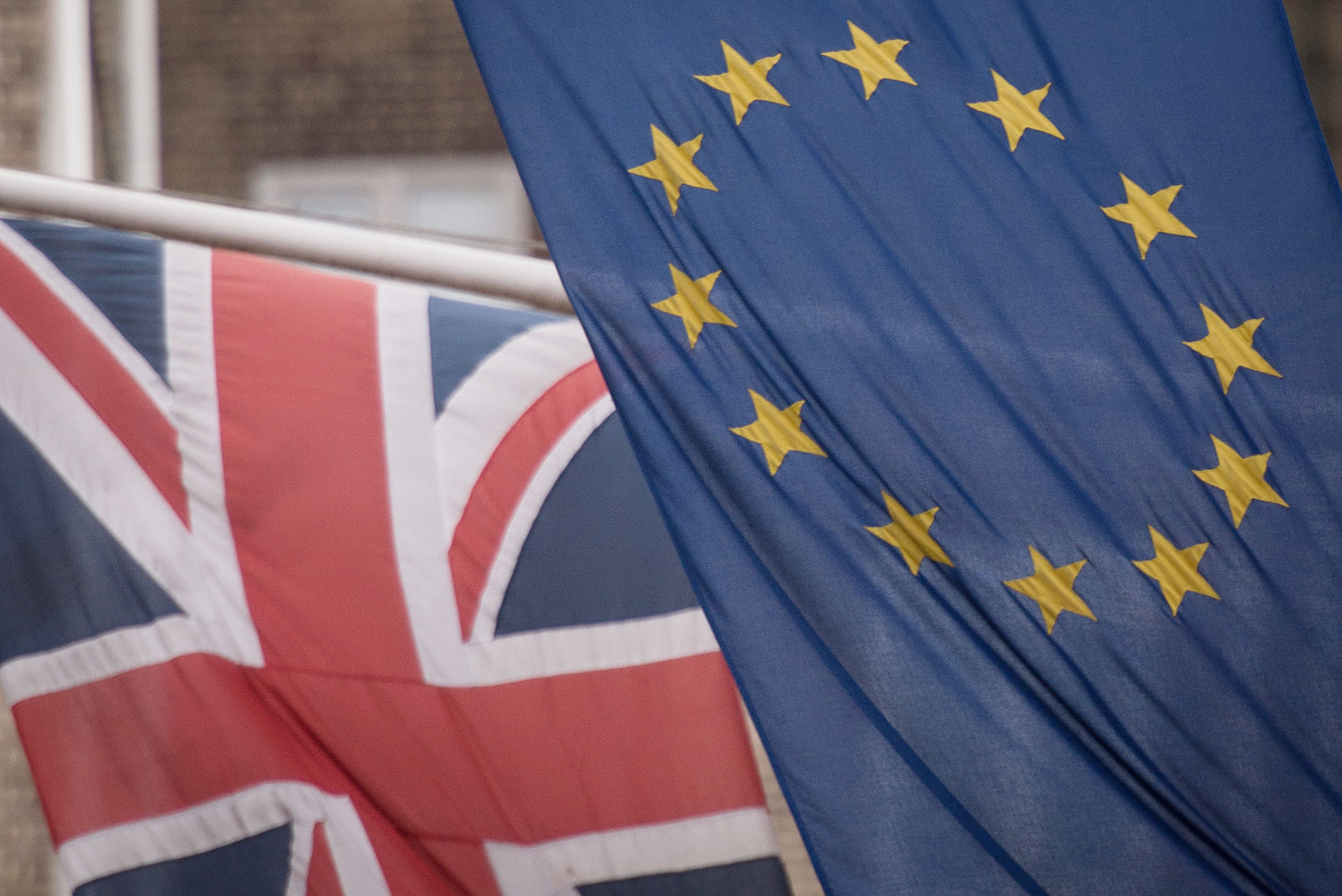
ANY economic benefits that come from leaving the Common Fisheries Policy (CFP) under Brexit must be felt in the communities that depend on the sector, according to a report.
The latest publication, part of a project by The UK in a Changing Europe, has called for an assessment of how fishing communities will be affected by leaving the EU.
The recommendation is one of 15 in the report, which looks at the lessons that can be learned by a post-Brexit UK from other non-EU coastal states – namely Iceland, Norway and the Faroe Islands.
It found that Brexit creates “opportunities” for the UK Government and the devolved administrations to develop their own approaches to fisheries management, but notes it also brings “challenges” linked to the devolution set-up and the complexity of the sector.
The report, compiled by researchers at the University of the West of Scotland, states that withdrawing from the EU and the CFP means the UK will become an independent coastal state with decision-making over fisheries policy returning to the UK.
“Despite some perceived advantages of leaving the CFP, the UK’s withdrawal from the EU presents significant challenges for the future governance of fisheries,” it states.
“Brexit means that the UK and its devolved administrations must develop policy-making and governance capacities in an area where they have hitherto had limited discretion.”
It adds that governing fisheries after Brexit will be “a balancing act” juggling the interests of the sector – which tended to back Brexit – with the need to keep fisheries sustainabile.
The report notes the fishing industry’s hopes that “the ability to catch more fish” following Brexit will bring a benefit to fishing communities.
It says: “Fisheries policy in a post-Brexit UK should ensure that any economic benefits accruing from leaving the CFP should also benefit fishing dependent communities.
“A detailed assessment of how these communities would be affected by Brexit and proposed changes to fisheries management ahead of the UK becoming an independent coastal state ought to be undertaken to initiate effective policy responses.”
The report says the UK Government will have to manage “carefully” its relationships with the devolved administrations in Scotland, Northern Ireland and Wales when it comes to fisheries policy.
“The recalibration of UK fisheries policy is… a potential source of tension between the constituent nations of the UK, with devolved institutions making a case that they ought to have a greater say on fisheries governance,” the report states.
“It is important for both the UK and the devolved governments to find stable common frameworks across a range of policy areas, including fisheries.”
Despite the “clear challenges” posed by Brexit, the report states that leaving the CFP presents the UK with “a blank sheet” when it comes to managing its fish stocks.
Its recommendations include:
– Making sure “key principles” in fisheries management are agreed between the UK government and the devolved administrations.
– Ensuring effective parliamentary scrutiny over post-Brexit fisheries policy.
– Legislating to ensure fisheries’ decisions are based on independent scientific advice “which is readily available and free from influence from political and economic interests”.
It also recommends a “three-pillared institutional structure” is put in place, with a government ministry responsible for decision-making, a marine research institute to feed scientific knowledge into policy-making, and an executive agency responsible for day-to-day running of UK fisheries.
Anand Menon, director of The UK in a Changing Europe, said: “Fisheries is one of a number of areas in which the UK will have to develop its own policies post Brexit.
“By drawing on the experience of a number of non-EU states, this report provides an invaluable guide to how best to approach this task.”

Enjoy the convenience of having The Sunday Post delivered as a digital ePaper straight to your smartphone, tablet or computer.
Subscribe for only £5.49 a month and enjoy all the benefits of the printed paper as a digital replica.
Subscribe